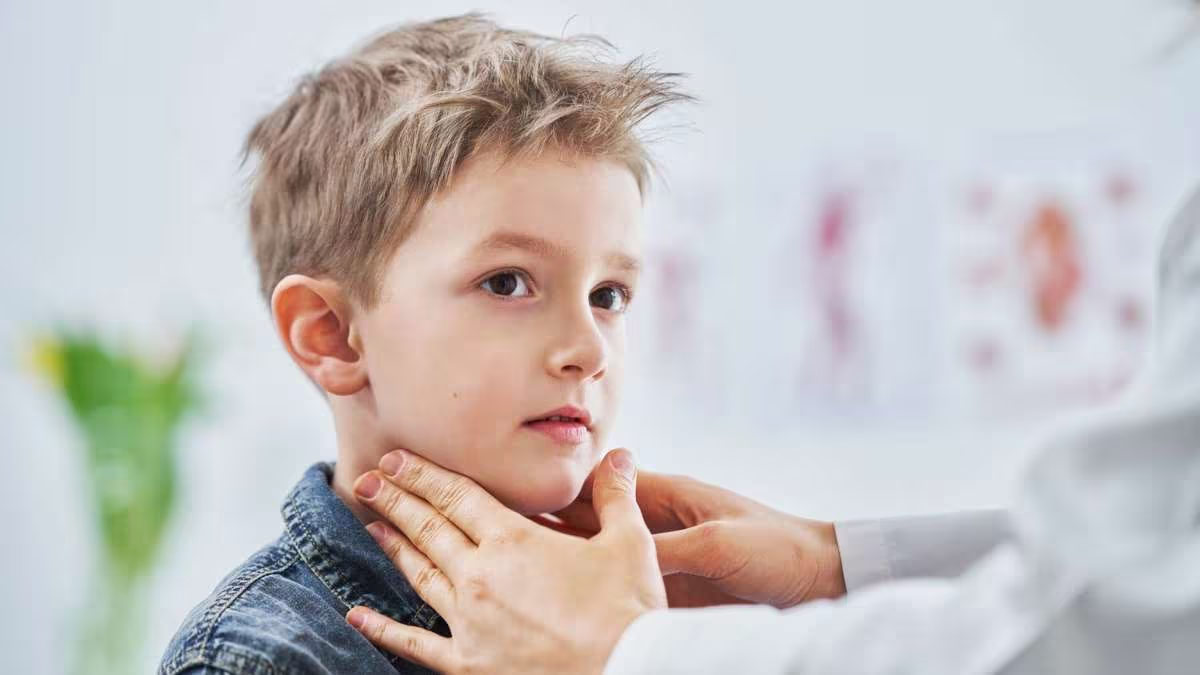
In recent times, Kerala has been grappling with a significant outbreak of mumps, a contagious viral infection caused by the mumps virus, a member of the Paramyxovirus family. This outbreak has raised concerns among healthcare authorities and the general public regarding its severity, symptoms, available vaccines, and preventive measures. Understanding these aspects is crucial for effective management and control of the outbreak.
Table of Content:-
We spoke to our expert Dr Rohit Saxena, HOD, ENT - Sharda Hospital to shed light on the mumps outbreak in Kerala, its symptoms, causes, prevention and if at all there is any vaccine available for it. Here is what he shared with us.
Causes and Factors of Mumps Outbreak
The mumps virus primarily spreads through respiratory droplets or direct contact with infected saliva or mucus. Factors contributing to the spread of the virus include close contact with infected individuals, crowded living or working environments, and low vaccination rates. Close quarters such as dormitories or military barracks pose a higher risk of transmission, as do crowded places where the virus can easily proliferate.
Low vaccination rates or individuals who have not received the mumps immunisation significantly contribute to outbreaks. The MMR (measles, mumps, and rubella) vaccine, commonly administered to children, includes the mumps vaccine. Vaccination not only reduces the severity of symptoms in infected individuals but also helps prevent the spread of the virus within communities.

Also Read: Oestrogen Detoxification: Expert Shares A Comprehensive Guide to Hormone Balance and Wellness
Poor hygiene practices, such as inadequate handwashing and sharing drinks or utensils with infected individuals, also facilitate the transmission of mumps. Therefore, promoting good hygiene habits is essential in preventing the spread of the virus.
Symptoms of Mumps Outbreak
Mumps typically presents with symptoms such as fever, headache, muscle aches, tiredness, loss of appetite, and swelling of the salivary glands, particularly the parotid glands located beneath the ears. Swelling of the parotid glands gives the characteristic "chipmunk cheeks" appearance, which is often associated with mumps infections.

In some cases, mumps may lead to complications such as meningitis, inflammation of the testicles or ovaries (orchitis or oophoritis), and deafness. While most individuals recover from mumps without serious complications, the potential for complications underscores the importance of early detection and appropriate medical care.
Vaccine and Prevention for Mumps Outbreak
Fortunately, a vaccine to prevent mumps is available and highly effective. The MMR vaccine, which includes protection against measles, mumps, and rubella, is routinely administered to children as part of their vaccination schedule in many countries, including Kerala. Two doses of the MMR vaccine are recommended for optimal protection.
Also Read: Expert Unveils the Link Between Smoking, Weight Gain, and Belly Fat Accumulation
Children typically receive the first dose of the MMR vaccine between 12 and 15 months of age, followed by a second dose between 4 and 6 years of age. In certain circumstances, such as outbreaks or regional policies, the second dose may be administered earlier to enhance immunity and prevent the spread of the virus.
In addition to vaccination, practising good hygiene habits can help prevent the transmission of mumps. This includes frequent handwashing with soap and water, avoiding close contact with sick individuals, and refraining from sharing personal items such as drinks or utensils.
A Final Word
The mumps outbreak in Kerala highlights the importance of vaccination and preventive measures in controlling infectious diseases. By promoting vaccination coverage, implementing public health interventions, and educating the public about the symptoms and risks associated with mumps, healthcare authorities can mitigate the impact of outbreaks and safeguard the health of communities. It is essential for individuals to stay informed, seek medical attention if symptoms arise, and actively participate in efforts to prevent the spread of mumps.
Also watch this video
Read Next
Recovering From Head Trauma? Expert Discusses Long-Term Effects And Risk Of Brain Injury To Relapse
How we keep this article up to date:
We work with experts and keep a close eye on the latest in health and wellness. Whenever there is a new research or helpful information, we update our articles with accurate and useful advice.
Current Version